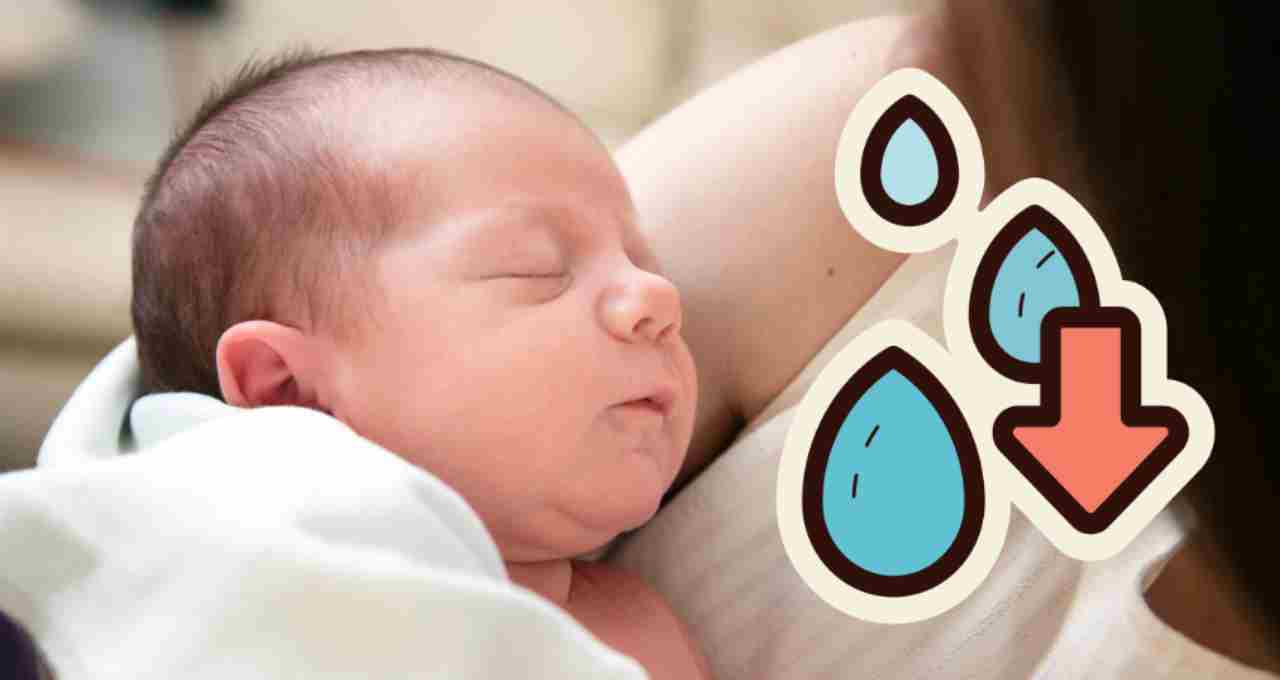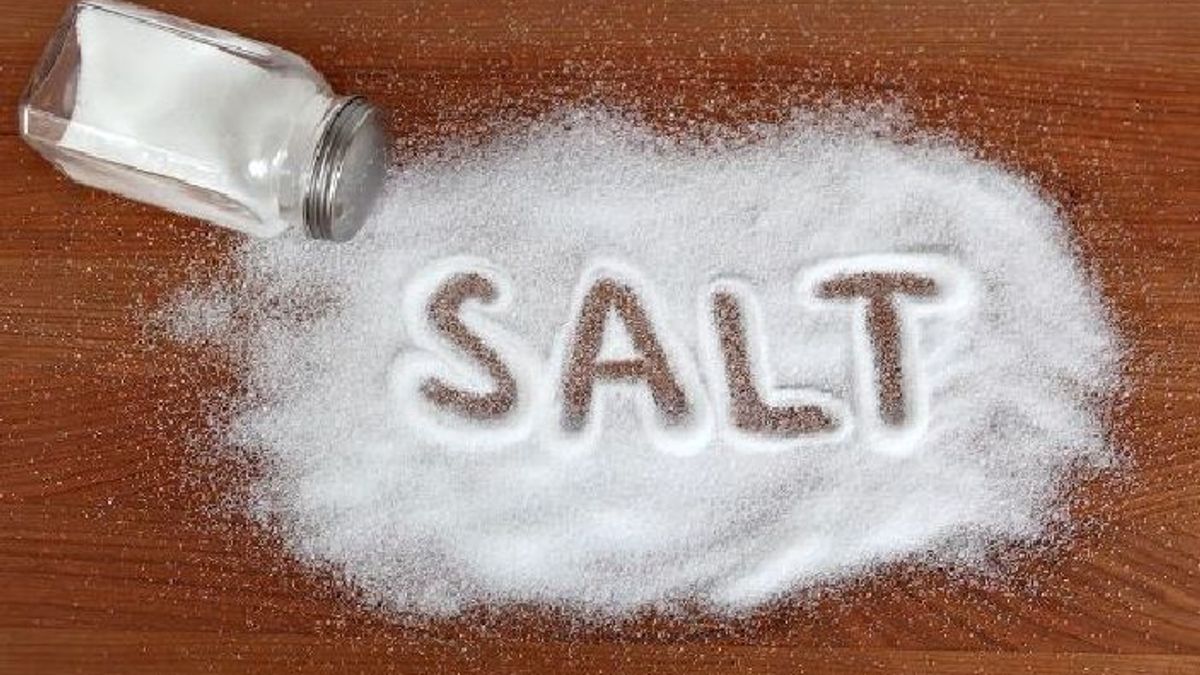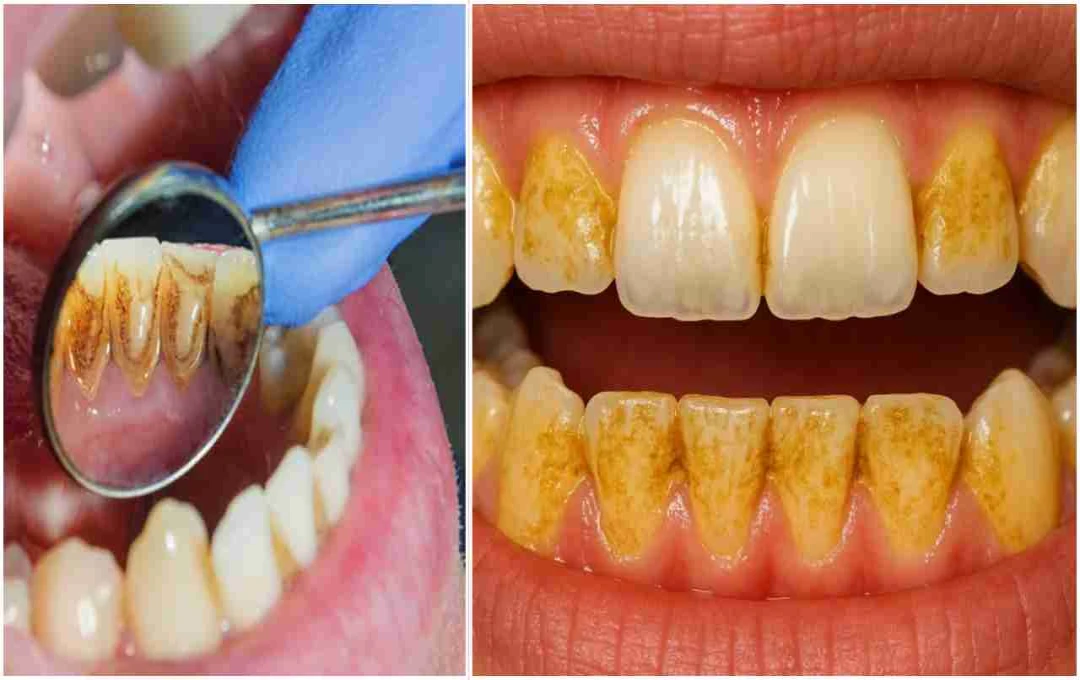Young children, especially infants under 1 year old, are at a higher risk of dehydration. Diarrhea, vomiting, fever, or insufficient milk intake can cause the body to lose fluids rapidly. This can lead to the baby becoming irritable, experiencing a dry mouth, and having a dry diaper for an extended period. If left untreated, this condition can become serious.
Dehydration: Dehydration, or a deficiency of water and essential fluids in the body, can be dangerous for young children, especially infants under 1 year old. Their bodies lose water and minerals quickly, and their weakened immune systems can cause the situation to deteriorate rapidly. Diarrhea, vomiting, high fever, or hot weather can exacerbate this problem. Symptoms of dehydration include the baby crying, dry lips and mouth, absence of tears, prolonged dry diaper, and a sunken soft spot on the head. It is essential to contact a doctor immediately if such signs are observed.
Why Dehydration Occurs in Infants
Dehydration means a lack of water and essential fluids in the body. This problem is more common in young children because their bodies cannot retain water and minerals for extended periods. When a child experiences frequent diarrhea, vomiting, or a high fever, fluids are rapidly expelled from the body. Additionally, dehydration can occur if the child does not receive enough milk or water.
Hot weather can make this condition even more severe. In the sun and heat, a baby's body loses a significant amount of water through sweat. Infections can also lead to fluid loss. This is why young children are always at risk of dehydration.
Why Dehydration is Dangerous

Infants have weak bodies and their immune systems are not fully developed. When the body lacks water and minerals, the blood becomes thicker. This prevents oxygen and nutrients from reaching different parts of the body properly.
In such a situation, the baby becomes weak and cries frequently. If this condition persists for a long time, it can also affect the kidneys. If the kidneys do not function correctly, urine production decreases. Continuous dehydration can stunt a child's growth and impair brain function. In severe cases, this problem can be life-threatening.
Symptoms of Dehydration in Infants
Several signs of dehydration appear in young children, which parents should not ignore.
- The baby cries frequently and becomes more irritable.
- The lips and mouth appear dry.
- No tears come out when the baby cries.
- The diaper remains dry for an extended period, meaning the baby urinates less.
- The soft spot on the head appears sunken.
- The baby's eyes may look sunken.
- The skin appears loose and lifeless.
If the baby refuses to drink milk, shows extreme weakness, or becomes lethargic, it may be a sign of severe dehydration. Sometimes, a high fever or persistent diarrhea can also be symptoms.
Easy Prevention Tips
- Preventing dehydration in infants is not difficult, but it requires a little vigilance.
- Breastfeed the baby frequently to ensure they get enough fluids.
- Dress children in light and comfortable clothing during hot weather.
- If the baby has diarrhea or vomiting, contact a doctor immediately.
- Keep the infant in a clean and safe environment to minimize the risk of infection.
- Infants who cannot be breastfed should be given an adequate amount of formula milk, as advised by a doctor.
- If the baby shows weakness, lethargy, or any other unusual symptoms, contact a doctor immediately.
Dehydration can quickly become severe in young children. Therefore, parents should recognize the early symptoms and take immediate action. With timely attention and proper care, children can be kept safe from this problem.















